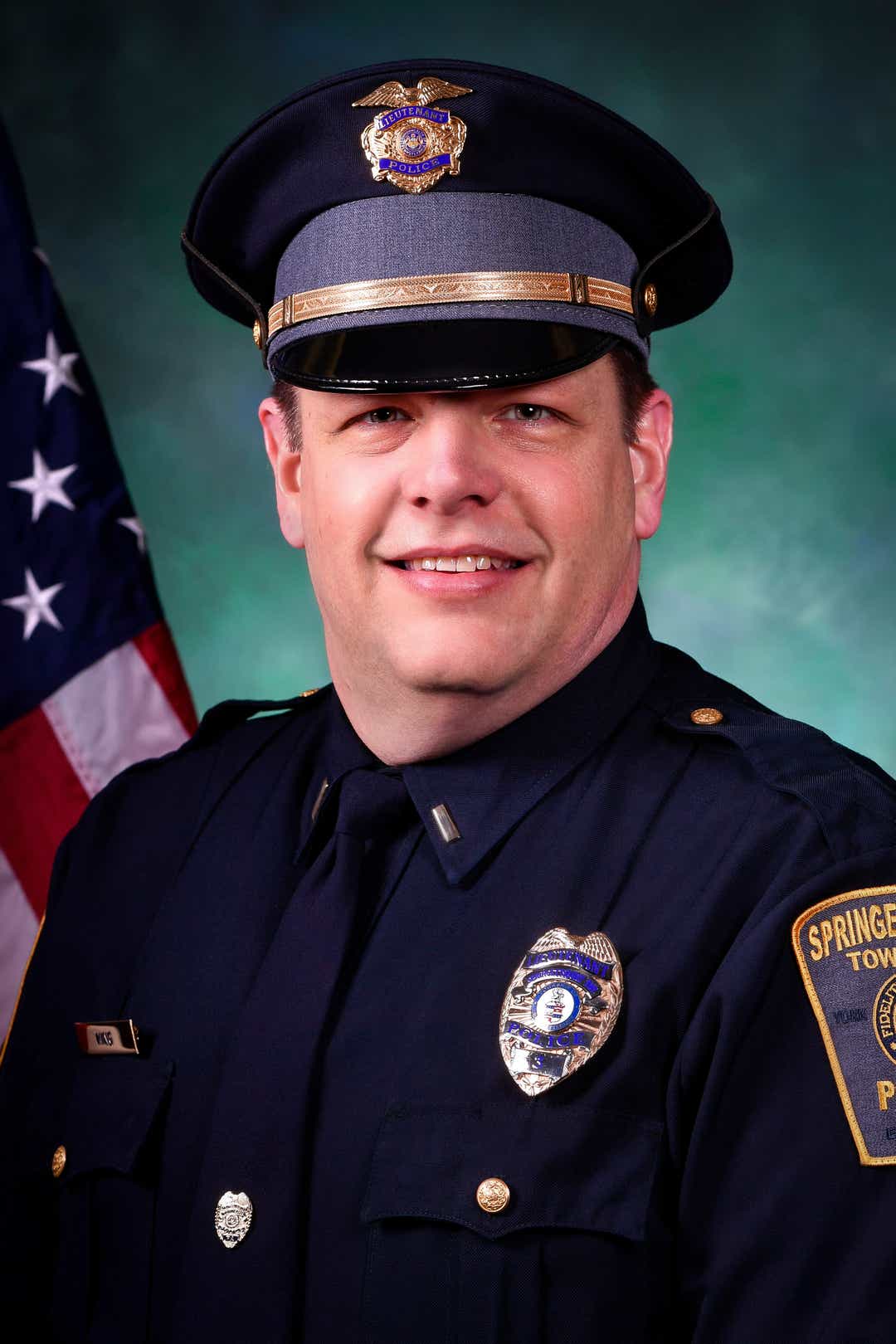
Springettsbury and West Manchester township police departments over the past week have released key details about their use-of-force policies, joining a nationwide law enforcement response to calls for reform and accountability.
The move comes as York City, which released its policy last week, navigates unforeseen roadblocks in its effort to make body camera footage more available to the public after a string of deaths of Black people at the hands of police escalated distrust in police.
"We take an oath to protect people and this is a significant issue with trust and transparency," said West Manchester Police Chief John Snyder. "Police Departments need to earn the trust of their communities on every encounter and every second we serve them."
More: York City publicizes police use of force policy; includes chokehold ban
More: York mayor urged residents to record police — but officers already use cameras. What's the problem?
Recent calls for police reform have followed the deaths of Black Americans such as George Floyd in Minneapolis, Rayshard Brooks in Atlanta and Breonna Taylor in Louisville, Kentucky.
Specifically, many proposed reforms are laid out in the 8 Can't Wait campaign, a list of eight proposed policies police departments are encouraged to adopt during a period of protests and criticism.
Yet Snyder, who noted that there are particularly strong fears of police among minority communities, said the department did so not because of recent turmoil, but because of a response to an inquiry from a resident.
And Todd King, chief of the Springettsbury Township Police, said they did so as a part of a resolution passed by the township's board of supervisors praising its "dedication to the equal application of the law for all citizens"

Still, all three departments already have language in their policies that meet at least some of the demands presented by police reform advocates and the 8 Can't Wait campaign.
For example, all departments ban chokeholds in nearly all situations, require officers to intervene if they witness another officer breaking protocol and mandate deescalation tactics when possible.
"To be as transparent as you can be is beneficial," said Springettbury Township Police Chief Todd King.
York City Police specifically already have six of the eight recommendations implemented, said Philip Given, acting director of community and economic development.
The city has created a group that includes the police commissioner, solicitor, City Council and other entities to identify gaps and work toward implementing all eight recommendations.

The two remaining policies that are being mulled are a ban on shooting at moving vehicles and more detailed reporting when an officer uses force.
Among the three departments, however, there is a divide on freeing up body camera footage to the public — a push that predates recent events and has proven to be a difficult reform to implement.
Most of the difficulties stem from a Act 22, which Gov. Tom Wolf signed into law in 2017.
The law struck down any presumption that body camera footage is of public record. And police departments were permitted to deny requests for footage that could be used as evidence in a criminal matter or is related to an investigation, rendering it nearly impossible to obtain footage.
Snyder said that although he fully supports body cameras, expanding access to footage can be tricky.
Maintaining and searching through body camera footage would put a strain on the department already operating with limited resources. It could also jeopardize the privacy of individuals, he said.
King said he would continue to work under the state law, but noted the department already reviews body camera footage on a monthly basis and investigates any footage involving use of force.
York City Mayor Helfrich, on the other hand, has been more progressive. For example, last month, he encouraged residents to film every encounter they have with police.
The city has recently learned it cannot simply adopt policies seen in other cities such as Louisville, Kentucky, and must write up guidelines that specifically fit York.
“The roadblocks are that if you start releasing footage, it can potentially nullify the use of that as evidence in actual court cases,” Helfrich said. “You can diminish the ability of the DA to prosecute cases depending on what you’re releasing.”
The city is now mulling creating a committee with the District Attorney's Office and police to work on policy reform — aimed at releasing at least some footage — with which they can all agree.
And that's important, as under state law, District Attorney's can strike down any body camera policy updates that a police department may adopt.
— Logan Hullinger can be reached at lhullinger@yorkdispatch.com or via Twitter at @LoganHullYD.
"use" - Google News
July 02, 2020 at 02:27AM
https://ift.tt/31Bpvzi
More York County police departments release use-of-force policies - York Dispatch
"use" - Google News
https://ift.tt/2P05tHQ
https://ift.tt/2YCP29R
Bagikan Berita Ini














0 Response to "More York County police departments release use-of-force policies - York Dispatch"
Post a Comment